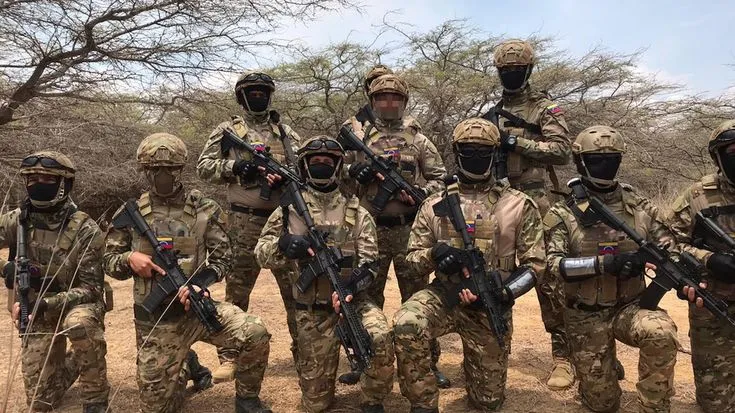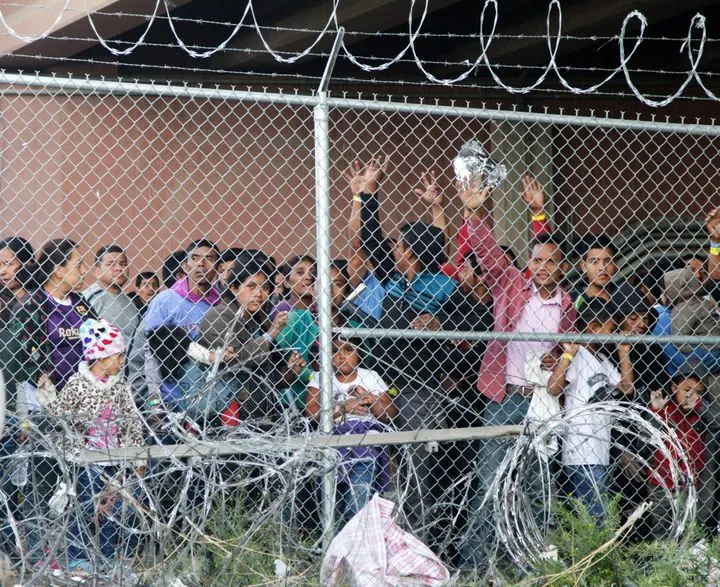Lawfare's Broader Consequences
An analysis of how Lawfare distorts justice, erodes democratic norms, and facilitates authoritarian rule worldwide.

Lawfare's Broader Consequences
Weaponization of Justice:
Lawfare distorts judicial systems to advance political agendas, often criminalizing dissent while protecting those in power. The process typically involves:
- Politicization of Legal Institutions: Courts are manipulated to serve ruling regimes, undermining their neutrality and independence.
- Criminalization of Political Activity: Political opponents are prosecuted under vague or exaggerated charges, often tied to corruption or national security.
- Erosion of Democratic Norms: Lawfare contributes to the decline of democracy by:
- Replacing electoral competition with judicial battles.
- Undermining public trust in legal and political institutions.
- Facilitating the concentration of power in the hands of ruling elites.
The Illusion of Substantive Democracies
Proponents of Lawfare often present their actions as safeguarding democracy, coining terms like “substantive democracy” to justify their methods. This concept prioritizes outcomes over processes, enabling regimes to bypass constitutional checks and balances in the name of efficiency and progress.
However, these actions inevitably lead to authoritarianism, as seen in:
- El Salvador: where judicial oversight has been dismantled.
- Nicaragua: where political opponents face imprisonment under Ortega's regime.
- Venezuela: where courts are instrumentalized to sustain Maduro’s rule.
Conclusion: The Crisis of Truth and Justice
Lawfare represents a deliberate effort to blur the distinction between legality and illegality, eroding public understanding of justice. In doing so, it enables the rise of authoritarianism under the guise of democracy. Without independent judicial systems, the foundational principles of democracy—transparency, accountability, and the rule of law—are at risk of collapse.
The Constitutional Breakdown and its Implications
The constitutional ruptures seen in countries like Venezuela (1999), Bolivia (2007), and Ecuador (2008) represent a deliberate effort to dismantle democratic safeguards and establish regimes of deceit. These processes began with the co-opting of legal systems and progressed to creating hegemonic state-controlled communication structures.
Key Tactics of Authoritarian Regimes:
- Control of Communication and Narrative: Laws were introduced to suppress free debate, enabling the state to dominate public discourse. Media became the first barrier that authoritarian regimes sought to overcome in their consolidation of power.
- Manipulation of Democratic Institutions: The transition to authoritarianism often involved rewriting constitutions to institutionalize the indefinite re-election of leaders. This undermined the principle of democratic alternation.
Technological and Cultural Factors:
The emergence of the third and fourth industrial revolutions—digital and artificial intelligence—has further eroded personal autonomy. Algorithms designed for direct engagement with individuals bypass institutional structures, fostering intolerance and fragmenting societies into ideological silos.
Examples of Judicial Subversion
The co-opting of judicial systems by authoritarian regimes has led to widespread abuses of power:
- Venezuela (1999): Chávez dismissed all judges without due process and appointed regime-aligned "provisional judges." This practice allowed the government to manipulate the judiciary to suit its agenda.
- Peru (1997): Under Alberto Fujimori, judges from the Constitutional Tribunal were removed after opposing his re-election efforts. Fujimori withdrew from the Inter-American Human Rights System to justify these actions.
International Responses:
Despite widespread criticism from institutions like the Venice Commission (2018) and the Inter-American Court of Human Rights, authoritarian regimes have continued to erode democratic norms.
Broader Regional Trends
- Spain: Political leaders have disregarded constitutional order, as seen in the Catalan independence crisis and attempts by the Argentine executive to undermine the judiciary.
- Nicaragua: The dismantling of constitutional rule has led to complete judicial subservience to the regime, with political imprisonment becoming a norm.
- Mexico: Constitutional reforms have been proposed to centralize power and manipulate electoral systems for regime continuity.
The Role of International Actors
Global bodies like the United Nations have struggled to address the erosion of democracy effectively. While the UN’s Agenda 2030 advocates for sustainable development, it often overlooks the importance of the rule of law in achieving its goals.
Authoritarianism and Transnational Crime:
The fusion of authoritarian regimes with organized crime networks, as seen in Venezuela and Mexico, highlights a disturbing trend. Political power and criminal enterprise are increasingly intertwined, leading to a breakdown of public trust and security.
Conclusion: Democracy at a Crossroads
The constitutional breakdowns and judicial subversion across Latin America and beyond reflect a broader crisis in governance. Without robust institutions to uphold democratic principles, societies risk descending into authoritarianism. The challenge lies in resisting the systematic manipulation of laws and narratives that sustain these regimes.
Related Articles

Judicial Deceit and the Judicialization of Political Participation
An analysis of hybrid warfare and Lawfare in the 21st century, focusing on judicial manipulation and political deceit.

Key Contemporary Concepts: Hybrid War and Lawfare
An analysis of hybrid warfare and lawfare as strategic tools used in modern conflicts, focusing on their implications in global politics.

The Venezuelan Precedent in Hybrid and Lawfare Strategies
An exploration of Venezuela's role in pioneering hybrid warfare and Lawfare, shaping authoritarian tactics across the globe.

